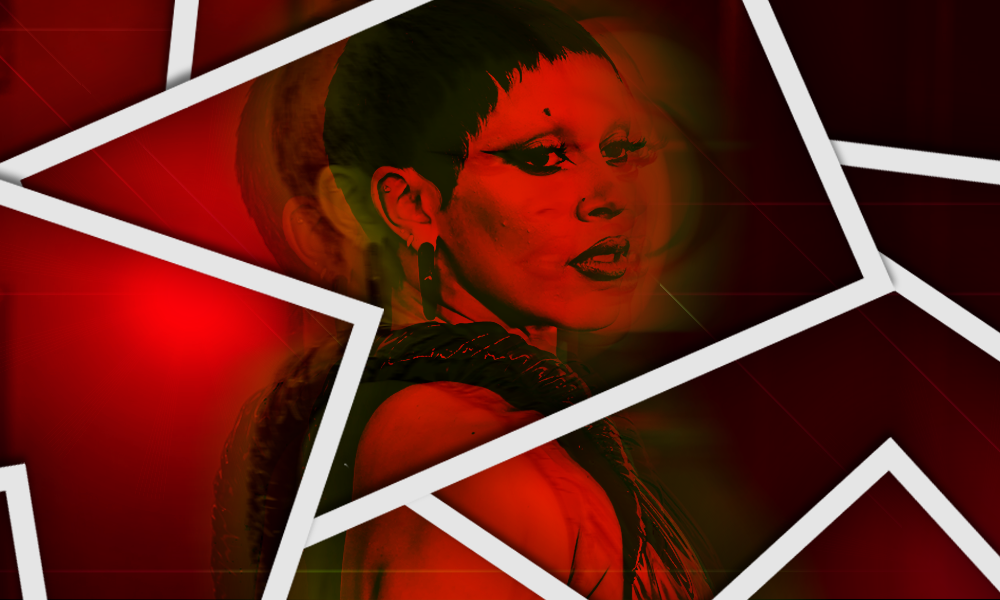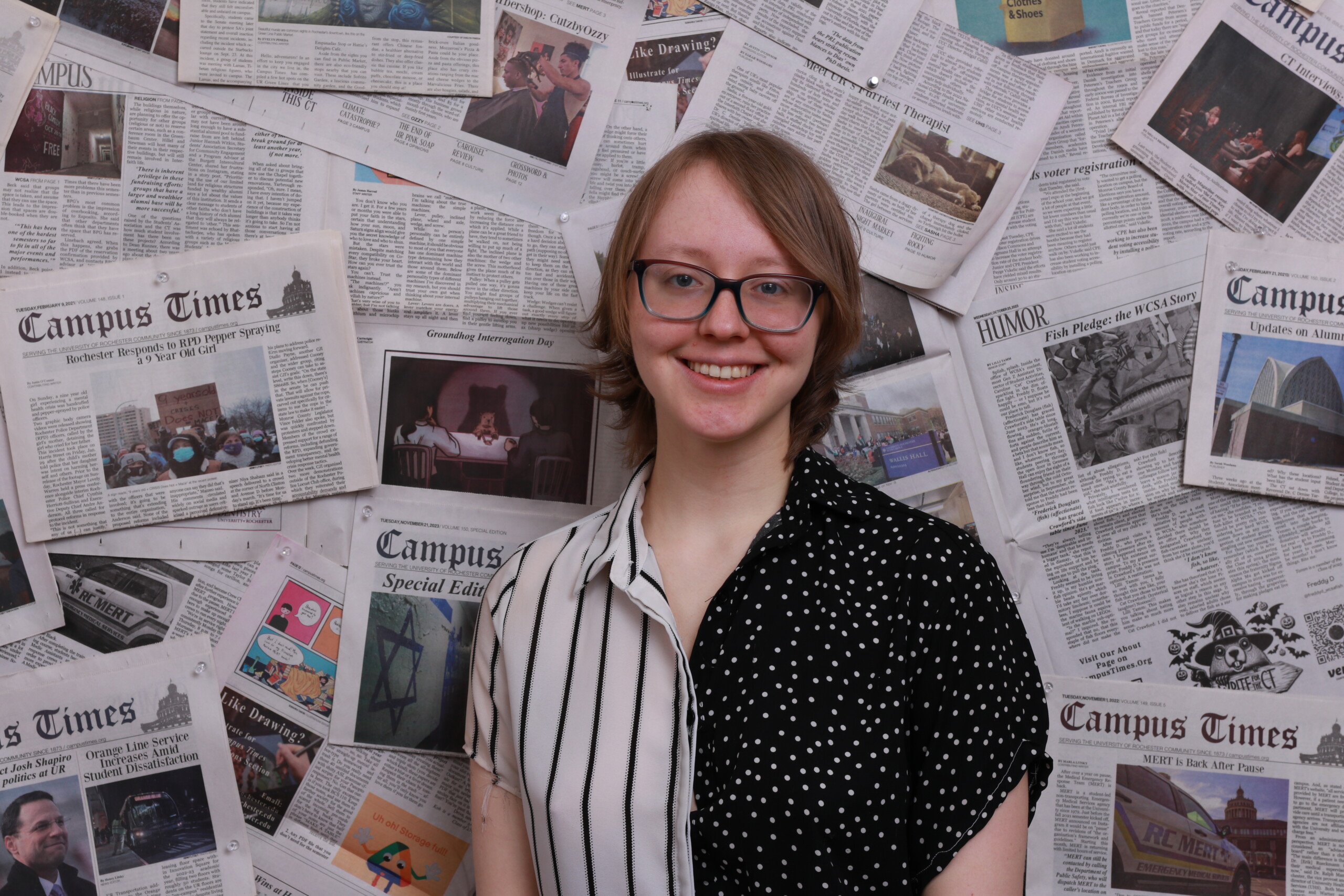The eye of fame has always been harsh — both with its keen perception and quickness to shift paths at the slightest mention of the next big thing. Especially in the digital age, in which both news and its analysis have become accessible at a minute’s notice, celebrity lives have become bite-size digests for consumers everywhere. This places celebrities at an interesting crossroads, facing the responsibility to balance their success, perception, and individual autonomy in a world full of parasocial relationships and ogling eyes. And, when both the maker and breaker for many recent celebrities has been their engagement on the internet, this juggling act has become a lot more complex.
In recent years, this social-media-driven spotlight has turned to Amala Ratna Zandile Dlamini, or Doja Cat, who quickly rose to fame after attention from producer Dr. Luke on her Soundcloud release “So High,” as well as the 2018 virality of her bovine fantasy ballad “MOOO!”
With the following releases of her albums “Amala,” “Hot Pink,” and “Planet Her,” Doja Cat hasn’t gotten a break from the limelight — and much of that is of her own volition. Not only has her work been crucial in defining and popularizing the sonic profile of modern pop and rap music, but Doja’s social media presence has further connected fans to her — or, at least who they think she is.
“I don’t really put too much of myself into the Internet anymore, and I’m kinda just messy with it now,” she admitted in a 2020 interview with Sniffers. “Nobody can really say anything to you when you show people you don’t give a fuck what they think…” Throughout the years, this nonchalance has translated into resonance with her fans for her “realness,” as well as a wall of defense against the inevitable public discourse over her music, actions, and even character. But this barrier can only reach so far.
“I don’t give a fuck anymore, I fucking quit, I can’t wait to fucking disappear and I don’t need you to believe in me anymore. Everything is dead to me, music is dead, and I’m a fucking fool for ever thinking I was made for this.” tweeted Doja after fan responses from a canceled festival performance in 2022 — a deep-seeded start to a series of social media lashouts continuing on for the next year.
Doja has continually expressed her fatigue with the music industry and even her own previous work: from telling her fans to ‘get a job’ on behalf of their fandom nicknames to calling “Planet Her” and “Hot Pink” ‘mediocre cash grabs.’ Numerous times, she’s declared herself to be done with pop, done with her fans, and even done with music as a whole. But even with rising scrutiny from fans and critics alike, does she care, and why should she?
Once again, to be a celebrity in the public light isn’t to fully exist as yourself: it’s to put on a character, a performance —an exhausting ordeal for all involved. “You want a part of me? / Well, I’m not selling cheap,” Doja sings in her 2022 cover of rock band Hole’s “Celebrity Skin,” a song that dissects this binocular-warp view of celebrity existence. She understands that she’s a commodity that could easily be left behind to fans as someone “fading somewhere in Hollywood,” and refuses to accept this reality for her future self.
As such, Doja has turned this perception into power, utilizing her prominence in the public eye to further popularize her music and message. Especially with the arrival of her heavily teased album “Scarlet” releasing on Sept. 22, publicity is her greatest tool. “My theory is that if someone has never met me in real life, then, subconsciously, I’m not real to them,” Doja said in a 2023 interview with Harper’s Bazaar. “When people become engaged with someone they don’t even know on the internet, they kind of take ownership over that person […] I’ve accepted that that’s what happens. So I put my wigs on and take them off.”
As an onlooker, it’s impossible to track what’s calculated performance and what’s authentic to Doja herself — nor should we need to. Despite feuding with her fans and coming under fire on Twitter again and again, Doja’s leading single “Paint The Town Red” sneakily rose on the Billboard Charts to become the first rap song at #1 in over a year. Additionally, critical acclaim on singles “Demons” and “Attention” have proven Doja’s success in her musical transition — as well as her ability to “say what she says,” yet keep her fame, class, and artistry. Doja refuses to walk the balance beam teetered on by other stars, instead choosing to blaze her own path and let the flames of controversy and mixed perception burn behind her.
Through breaking compliance from her musical and social expectations as a celebrity in the public eye, Doja Cat has used this power over her perception to cultivate a more authentic social and musical representation of herself.
We may not truly know Doja Cat, and we might never, but it’s clear to say that she will forever maintain her reign as a trailblazer, revolutionary, and fascinating celebrity mind.


